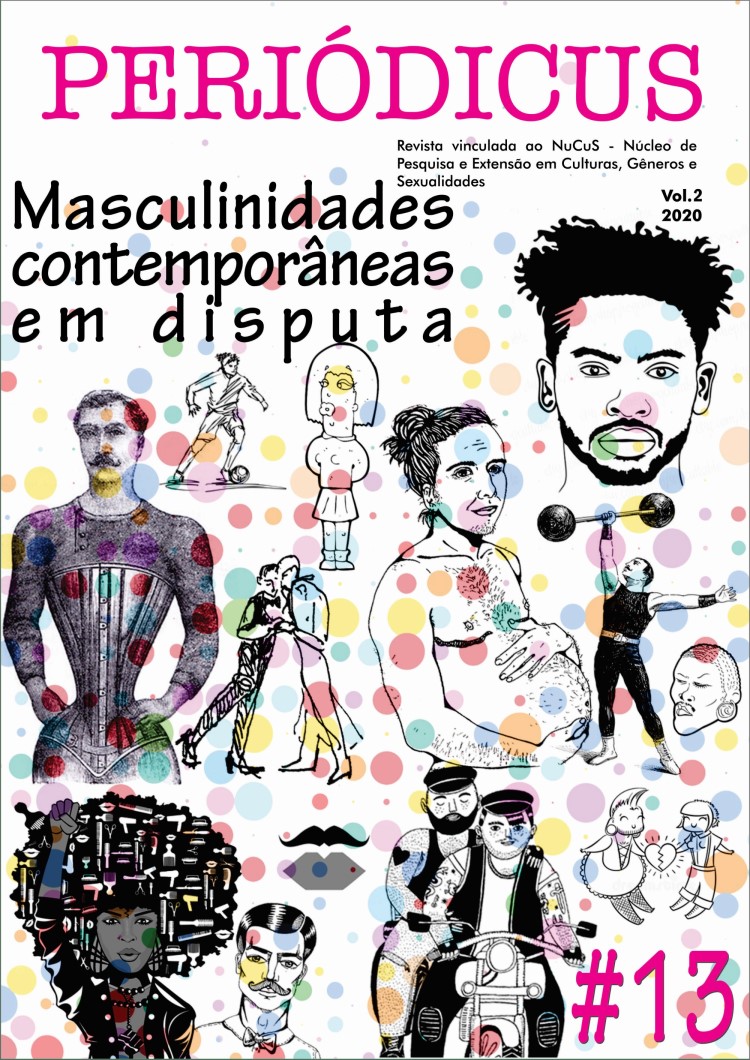Genealogy of Argentine literary homoerotism
DOI:
https://doi.org/10.9771/peri.v2i13.42298Abstract
Paisaje de varones: genealogías del homoerotismo en la literatura argentina entrega exatamente o que promete o título: uma análise genealógica das relações homoeróticas masculinas por meio da literatura. Ao relacionar espaço, sexualidade, cultura urbana e literatura, a análise supera concepções essencialistas que entendem tanto os espaços quanto as identidades como categorias imanentes. Nesse sentido, os apontamentos teóricos e metodológicos, bem como o resultado das análises e suas conclusões, podem indicar caminhos profícuos para os estudos literários e comparados no Brasil. É possível que uma genealogia homoerótica para a literatura brasileira, como a que nos propõe Peralta para a literatura argentina, nos ensine sobre as estratégias de resistência mobilizadas a cada nova reconfiguração discursiva do poder. Ensinamento este significativamente importante para os dias atuais.Downloads
Downloads
Published
How to Cite
Issue
Section
License
Copyright (c) 2020 Helder Thiago Maia

This work is licensed under a Creative Commons Attribution-NonCommercial 4.0 International License.
Authors who publish in this journal agree to the following terms:
Authors retain copyright and grant the journal the right of first publication, with the work simultaneously licensed under a Creative Commons Attribution Noncommercial License that allows the work to be shared with acknowledgment of authorship and initial publication in this journal, but prohibits commercial use.
Authors are authorized to enter into separate additional contracts for non-exclusive distribution of the version of the work published in this journal (e.g., publishing in an institutional repository or as a book chapter), with acknowledgment of authorship and initial publication in this journal.
Authors are permitted and encouraged to publish and distribute their work online (e.g., in institutional repositories or on their personal website) at any point before or during the editorial process, as this can generate productive changes and increase the impact and citation of the published work (see The Effect of Open Access).








